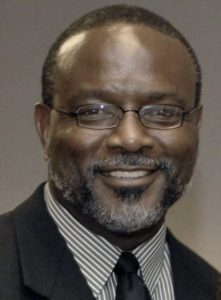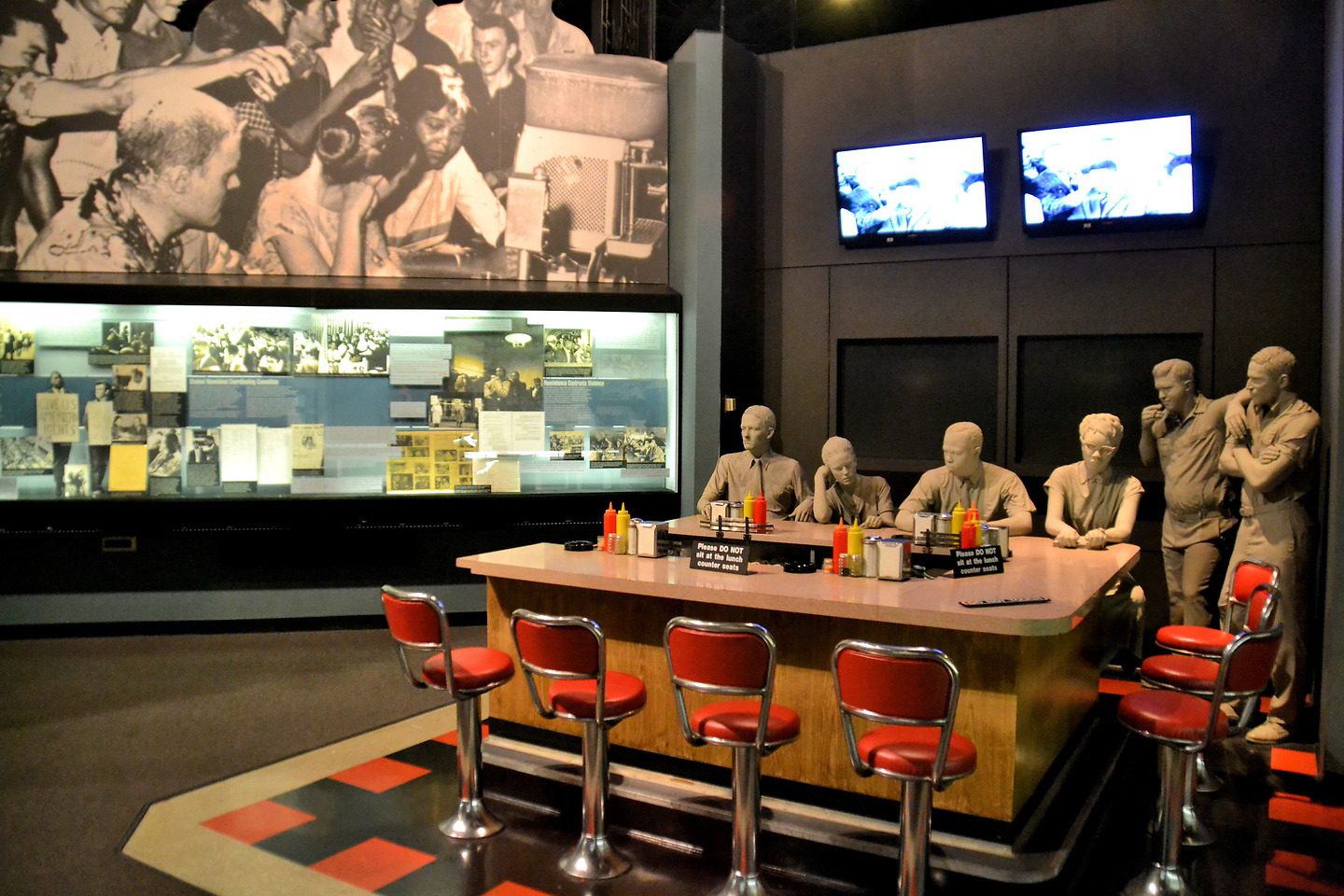
Has anyone else noticed a decline this year in the volume of Black History celebrations in our communities and, in particular, our schools?
Or am I just being paranoid!
I’ve asked this question to friends who educators are, and they, too, agree that the enthusiasm and energy around Black History Month have clearly dissipated compared to previous years.
I remind us all that it is extremely important that our children know our history.
The 28 days of February are some of the most important days of the year for African Americans. It is a time to reflect on the past, celebrate our accomplishments, and look forward to the future.
It is an opportunity for us to commemorate the many outstanding achievements of African Americans, despite the history of racism and oppression inflicted upon us over the years.
Most of all, it is a time to teach our children the history of our struggles that are probably not being taught as part of their everyday school curriculum.
Without history, our communities and society at large share no common memory of where it has been, its core values, or what past decisions account for present circumstances.
Last weekend, I was with a group of teenage boys on a “Black History Tour” of Memphis. We stopped at several iconic locations that portrayed the struggles and accomplishments of African Americans both locally and nationally.
Among the sites we visited was the Civil Rights museum.
A museum exhibit displays the lunch counter protest at a Woolworth store, where Black people endured verbal and physical abuse while protesting the discriminatory practices in the community and, in particular, at the Woolworth stores.

I noticed one of our students staring intently at the exhibit and watching the video on the screen overlooking the display. The video was graphic and disturbing to watch.
The young boy turned to me and asked, “So what’s going on here, Mr. Weathers?”
I explained to him that those were four African-American college students in the early 1960s who were part of a nonviolent protest.
They walked into a department store (F.W. Woolworth) in Greensboro, North Carolina, and after purchasing school supplies, went to the lunch counter and politely asked to be served.
They were refused service and quickly surrounded by a crowd of angry white people who cursed and berated them. The students sat at that lunch counter until the store closed and still were not served.
I made sure to tell the young man that their efforts were not in vain. Their actions launched a new kind of “nonviolent” protest that found success in many other cities throughout the south, including Memphis.
The student looked at me and said, “Wow…that’s intense” and he moved on to the next exhibit.
I smiled, and, of course, my mind began to wonder about the kind of experiences the other students were having as they strolled through the museum.
I also started wondering about the kind of impact the anti-Critical Race Theory (CRT) movement might be having on our children’s exposure to and understanding of Black history in America.
Carter G. Woodson, known as the father of Black history, wrote, “Those who have no record of what their forebears have accomplished lose the inspiration which comes from the teaching of biography and history.”
Woodson believed that if children, especially Black children, were more familiar with their history, they would have a deeper sense of pride and understanding of the critical role Black people have played in U.S. history.
I concur.
History, as a discipline, is about making sense of the past to understand the present.
We have a responsibility as a community to inform our children and crush all attempts to misrepresent our past in order to make other peoples’ past more comfortable.
When we talk, especially about social issues and race relations, those conversations must be informed by our knowledge and an understanding of history, particularly Black history.
But let’s not sleep on what the anti-CRT movement is trying to do here in America.
Conservatives define Critical Race Theory as nearly anything taught in schools that would discuss racial inequality. And they want to ban all such discussions from our classrooms.
The perceived success of anti-CRT campaigns jeopardizes any meaningful discussions of systemic inequality as part of public-school education. And these types of disinformation campaigns must be confronted and crushed.
African-American history is American history, and American history is part of world history.
Black History Month represents Black influence around the world.

Today, we not only celebrate Black astronauts, scientists, inventors, activists, educators, and artists of the past; we also celebrate the rise of Black business, athletes, literature, and the arts that will influence our children’s future for many years to come.
We, as African Americans, have a lot to be proud of. Let us not allow our history to be forgotten by depriving, intentionally or unintentionally, our children of the knowledge of our past.
We must make a special effort, above and beyond, to ensure our children know and never forget the truth about our history.
(Follow me, TSD’s education columnist, on Twitter @curtisweathers. Email me at curtislweathers@gmail.com.)



